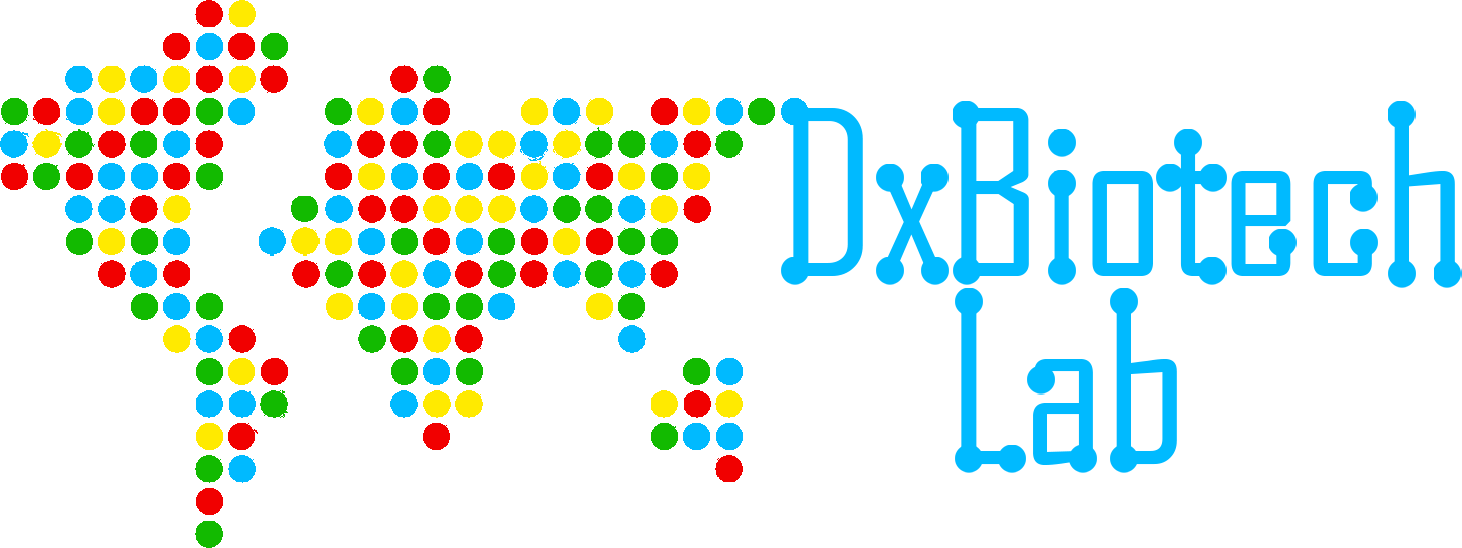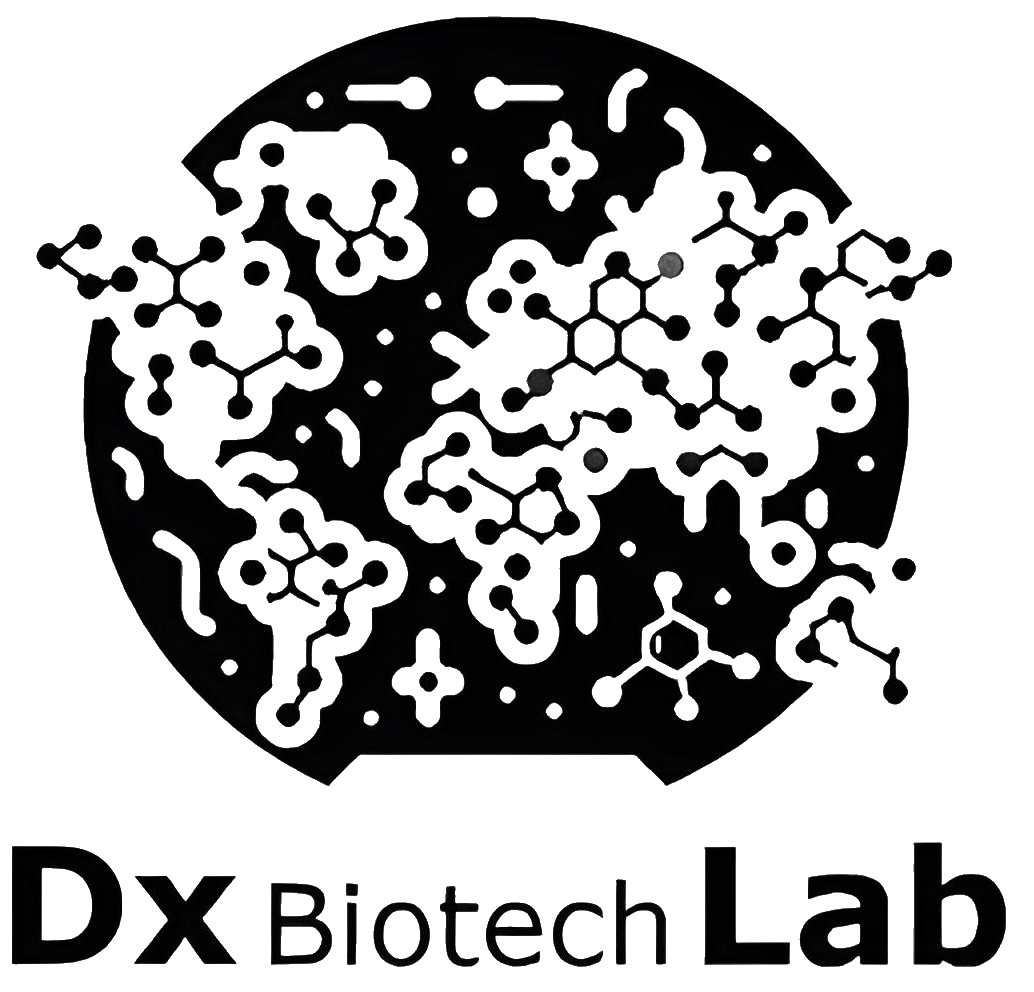Machine Learning / Deep Learning / Computer Vision Learning Pathway
Welcome to the exciting world of machine learning, deep learning, and computer vision! As we venture deeper into the 21st century, the importance of these fields in shaping the future of technology cannot be overstated. From self-driving cars to virtual assistants, and from automated medical diagnosis to advanced robotics, the applications of machine learning and deep learning are vast and transformative.
In particular, the intersection of deep learning and the biomedical domain stands out as a beacon of innovation. Deep learning algorithms have revolutionized medical imaging, genomics, drug discovery, and more. By automating the analysis of complex biomedical data, we’re paving the way for early disease detection, personalized treatments, and more efficient drug development. This synergy between deep learning and biomedicine holds the promise of a brighter, healthier future for humanity.
To harness the power of these technologies, one needs a structured and comprehensive learning pathway. Whether you’re a beginner looking to get your feet wet or an expert aiming to deepen your knowledge, the following guidelines will provide a clear roadmap for your learning journey.
We’ve curated a list of essential courses for your learning journey. Kindly review and engage with the content provided below, and remember to consistently monitor and update your progress. This structured approach will ensure you get the most out of each resource.
1. Foundational Knowledge:
📘 Intro to Deep Learning – http://introtodeeplearning.com/
- Overview: Start your journey with a strong foundation in deep learning. This course is recommended as the best starting point.
- Progression: After familiarizing yourself with the core concepts of deep learning, you’re ready to delve deeper into machine learning and computer vision.
Track Your Progress Here: Use this Excel sheet to mark each lecture as you complete it.
https://docs.google.com/spreadsheets/d/1xHviCoZJ551_xPt46XbqpWpfvroDNa0Kiwo7gL8Re48/edit#gid=0
2. Intermediate Learning:
📘 Andrew NG Machine Learning – https://youtube.com/playlist?list=PLLssT5z_DsK-h9vYZkQkYNWcItqhlRJLN
- Overview: While some of the content might seem outdated, the essence and foundational concepts of machine learning remain unchanged.
- Recommendation: As technology advances, newer courses and materials emerge. Use this course as a basis and augment your learning with recent materials.
📘 Computer Vision (CS231n from Stanford) – https://youtube.com/playlist?list=PL3FW7Lu3i5JvHM8ljYj-zLfQRF3EO8sYv
- Overview: Gain deeper insights into computer vision. Although this course is older, the knowledge you’ll acquire is fundamental.
- Recommendation: The field of computer vision is vast and rapidly evolving. After grasping the basics, explore newer courses to stay updated.
3. Advanced Learning & Specialization:
📘 TUM Computer Vision (Old & New) –
Old: https://youtube.com/playlist?list=PLog3nOPCjKBneGyffEktlXXMfv1OtKmCs
New: https://www.youtube.com/playlist?list=PL05umP7R6ij35L2MHGzis8AEHz7mg381_
- Overview: These courses, both the old and the new, offer a comprehensive understanding of computer vision.
- Note: The newer version is technically intricate and dives deep into the mathematics of computer vision, making it ideal for those seeking an in-depth understanding.
📘 PyTorch Course –https://youtube.com/playlist?list=PLZbbT5o_s2xrfNyHZsM6ufI0iZENK9xgG
- Overview: Transition from theoretical knowledge to practical application by mastering PyTorch, one of the leading deep learning frameworks.
- Recommendation: Practical expertise is invaluable. Use this course to implement, experiment with, and optimize deep learning models.
Additional Resources and Platforms for Enhancement
Paperswithcode – https://paperswithcode.com/sota:
Paperswithcode is a remarkable platform designed for the research community, particularly those in machine learning and artificial intelligence. It bridges the gap between theoretical advancements (papers) and their practical implementations (code). What sets it apart is its organization:
- State-of-the-Art Models: For anyone looking to understand the frontier of machine learning, this platform provides a leaderboard of the best-performing models across various domains.
- Research Papers with Code: Often, research papers discuss novel algorithms and methods, but without implementation, it’s hard to grasp the practical nuances. Paperswithcode alleviates this by pairing research papers with their respective codebases.
- Domain Specific Search: Whether you’re interested in computer vision, natural language processing, or any other subfield, the platform allows users to search and filter results based on domains, making it easier to find relevant research and models.
Kaggle – https://www.kaggle.com/:
Kaggle is more than just a platform; it’s a community. Aimed at data scientists and machine learning practitioners, it offers a plethora of features:
- Competitions: Kaggle hosts machine learning competitions where individuals or teams work on real-world problems, often sponsored by industry leaders. These competitions come with cash prizes and are an excellent way to test and hone one’s skills.
- Datasets: One of the platform’s most valuable assets is its vast collection of datasets. From healthcare to finance, users can find data on almost any topic.
- Notebooks: The Kaggle community is active and collaborative. Users publish notebooks—essentially code, data visualizations, and markdown in a single document—that demonstrate their approach to various problems. It’s a treasure trove of knowledge and a fantastic way to learn different techniques and methodologies.
Google Colab – https://colab.google/:
Google Colab is a cloud-based platform that offers an interactive environment similar to Jupyter Notebooks. Its key features include:
- Free GPU Access: Training deep learning models, especially neural networks, can be computationally intensive. Google Colab provides free access to Graphics Processing Units (GPUs), making it feasible to train complex models without the need for expensive hardware.
- Interactive Python Environment: Users can write and execute Python code, visualize data, and more, all within the browser.
- Collaboration: Similar to Google Docs, Colab allows multiple users to collaborate on a single notebook in real-time, making it an excellent tool for team projects or group research.
Koç University Courses:
In addition to the resources mentioned earlier, Koç University offers a suite of courses tailored to machine learning and its various applications. These courses provide a blend of theoretical underpinnings and practical insights:
- Intro to Machine Learning: As the name suggests, this course is designed to introduce the foundational concepts of machine learning. It’s an excellent starting point for anyone new to the field or looking to solidify their understanding of core principles.
- Computer Vision with Deep Learning: Delve into the realm of computer vision, enhanced with the power of deep learning. This course will guide you through the nuances of teaching machines to interpret and understand visual data.
- Medical Image Analysis: The healthcare sector has seen a surge in the application of machine learning. This course focuses on the analysis of medical images, a crucial area in diagnostics and treatment.
- Deep Learning: A comprehensive course that dives deep (pun intended) into neural networks, convolutional networks, recurrent networks, and more. Equip yourself with the knowledge to build sophisticated models for a range of applications.
- Deep Unsupervised Learning: While supervised learning often grabs the spotlight, unsupervised learning holds immense potential. This course explores techniques and algorithms where machines learn from data without explicit supervision.

